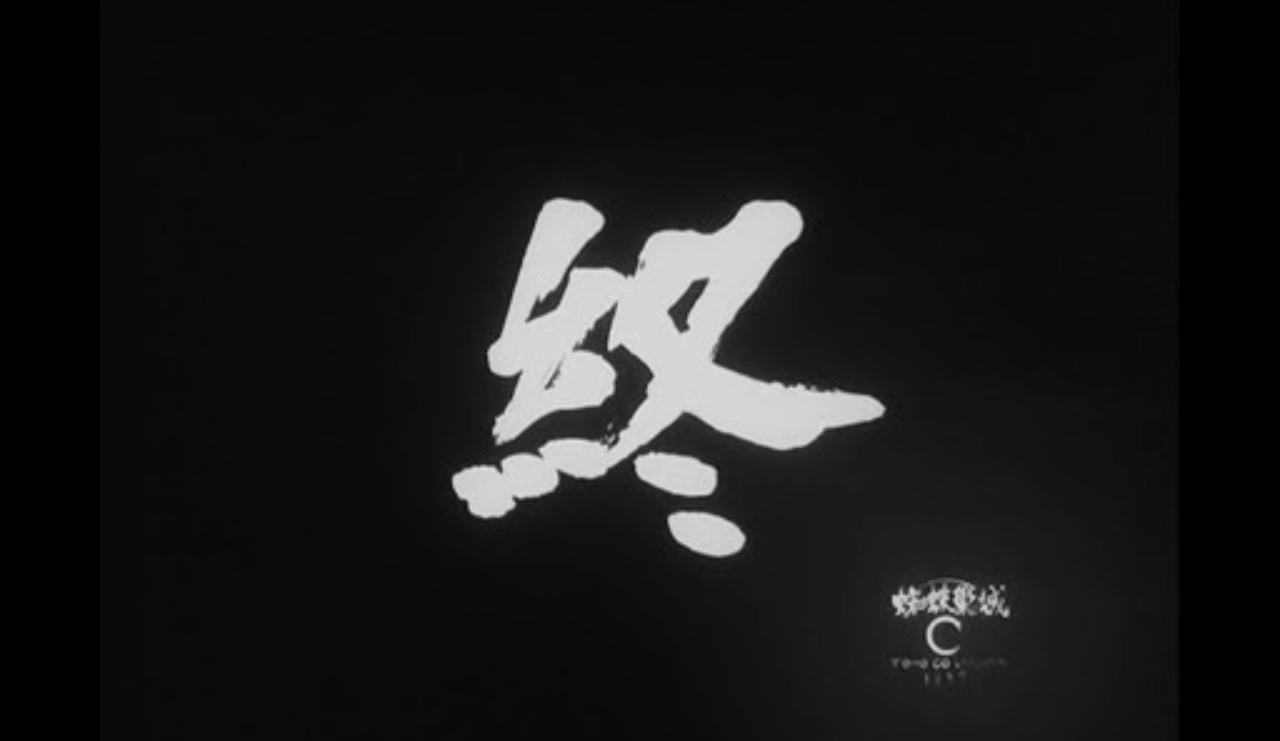The things people did with mixing in the 70s and 80s were revolutionary, and a lot of the sound you hear today was invented in that time. Things like the drum sound in “In the Air Tonight” with compression gating has been used ever since.
https://www.musicradar.com/news/drums/classic-drum-sounds-in-the-air-tonight-590970
Freakin’ incredible. I’m learning a ton and gaining a huge appreciation of it all thanks to everyone’s comments in this post.
That’s what good link aggregators are for.
Wild guess but stereo equipment wasn’t a thing in households and it was a way to get the adoption going
karaoke moment
This would be more early 60’s, mostly because those engineers were working with 2 track stereo which really limits your options. Most artists were recording on at least 8 track stereo by the 70’s.
Exactly. This is a 60s thing, not a 70s thing.
Hendrix springs to mind
The Beatles springs to mind for me.
Elea👂👂nor Rigby.
Beatles albums prior to… I want to say The White Album? Or it might have been Sgt. Pepper/Magical Mystery Tour, were recorded in mono and originally released in mono. “Stereo” versions were released (“Fake stereo” AKA recording in mono and panning it to one side or another) which are the ones that sound kinda bad imo. They were never intended to be listened in stereo other than as a novelty.
It wasn’t until their later albums were they actually meant to be listened to in stereo. Eleanor Rigby, being on Revolver, was not recorded with “real” stereo mixing in mind as far as I understand it. If you’re listening to the 2009 Stereo Remasters (the Box Set versions), then they were properly mixed into stereo, and sound pretty good. However, the original experience was always meant to be mono.
Though I’m sure there’s some expert on this shit that knows more than me.
I have all of the remasters, but it’s the newer mixes that really do a great job with stereo. I love the Beatles. :) The Giles Martin mixes really are awesome. I hope he gets to all of them.
I noticed that I had blown the front left speaker in my first car when bohemian rhapsody was missing vocals. I don’t remember when “a night at the opera” came out, but I’m going to be bold and say the 70s.
This might explain why old players had a mono/stereo setting.
I think it was to reduce distortion on mono records when played back with a stereo stylus. I could be wrong though.
It was designed to show off stereo sound which was still fairly new at the time. I like the way those recordings sound actually.
There’s actually a biological reason for this, believe it or not. Language and music “time share” many characteristics of both hemispheres of the brain. Language and music are processed in different hemispheres.
Read pages 20-26 of the book “How Music Really Works” by Wayne Chase. It breaks it down in detail.
has anyone tried out apple’s ‘spatial audio’ and how it compares to 5.1?
It does what it claims to do in that it makes the music sound like it’s coming from a set of speakers a few feet in front of you in a room that has poor sound deadening. I really tried to like it but it just sounds more muddled/is fatiguing for me.
Edit: I haven’t tried it on acid yet tho, maybe that would make it make sense.
What’s interesting is just how different the quality was of some of the stereo releases vs the mono bounces. For an example, the stereo HDCD version of Pet Sounds is a little wack, but even if you joined the two channels to mono it sounds a hundred times better than the shittastic mono release. Got to wonder if they optimized it for AM radio play the way that similarly awful sounding releases in the early 2000s optimized for iPod earbuds.
Is that why some 00’s songs sound so compressed?
00s music sounds so shitty because that was when digital music first became a thing. People thought 128kbps bitrate MP3s were acceptable (until they hear that mp3 they got from KaZaa play over the PA at their wedding and realize it sounds like raccoons fighting in a trashcan).
No, like songs I listen to today on Spotify or from TV shows during that era sound weirdly compressed.
I think it’s the tendency of producers in that era, around 2000-2010 was peak Loudness War, and many albums were pushed into clipping. IMO it started getting better through the 2010s as the emphasis on radio charts started to wane and listening habits shifted away from earbuds and portables.
This is why, when it comes to old music, I always try to listen to it the way it was originally intended.
Pet Sounds, as beautiful as it is, was originally released in mono. It was mastered to be listened to in mono, at a time when stereo was mostly just a novelty.
It wasn’t until much more recently that they’ve taken those masters and created “real” stereo mixes from them. While they can often sound pretty good, they never quite reach the level of the best sounding mono mixes of the same material.
Just my opinion of course.
That may be a thing with some releases, but I’m convinced that the original pet sounds and even the MFSL mono release are very inferior to that one HDCD stereo release. Still I’m listening to in 16bit/44kHz form, but to me it sounds way higher fidelity and likely is closer to the source. I can pick out instruments and sounds that I didn’t hear in the other version.
In general though I find modern ‘remasters’ are horrible and compressed and I think it’s lame that services like Spotify usually have only the most recent (and therefore worst) version of a given album.
May the source be with you
The early days of stereo (which is what you’re talking about, the recordings of 70s which aren’t using stereo as an “effect” almost universally have the vocals panned to the center. The old way to take the vocals out of a recording was to adjust how much of the signal present equally on both channels was allowed to be played) were all about two things: backwards compatibility with mono systems and giving people with stereo systems a recognizable effect no matter what goofy system they had.
Wild panning accomplishes both goals.
Studio engineering that used the stereo format to create the illusion of a room or capture the sound of the room the players were playing in wasn’t developed yet and came from the experimental stereo recordings that sound crazy now like silver apples of the moon.
Just put it in mono. Now, how can I fix this infamous autotune trend?
Brother it’s time to join us in the drum and bass camp
I second this motion. All in favour?
I’m in favor. Atmospheric / jazzy / “intelligent” drum and bass is amazing.
Just ignore that crap and put some real shit into your headphones. Like The Cramps - Songs The Lord Taught Us.
Play it loaded.
I just love this kind of personal recommendation instead of the same shit Spotify and every streaming/scrobbling service keeps recommending. Sure I will, thank you.
Now, how can I fix this infamous autotune trend?
Instrumental-only music?
You mean quantized, snapped-to-the-grid instrumental music? Sigh.
Hey, if the grid is fine enough…
Quarter-notes lol
there is plenty of non-quantized instrumental music if you’re willing to look, and even then dismissing all music doesn’t forego a strict grid (which in the modern day is simply a choice and artist can choose to make) is dismissing a massive body of work just because it doesn’t use a technique that you like
Dude/Dudette, it was just a gag comment. Not only am I not really dismissing a massive body of work just because it uses quantization, as someone who’s spent more than half his life writing software synthesis applications, I’ve literally made a career out of quantization.
That being said, music that is not quantized definitely has a more natural feel to it, although putting that “feel” into sequencing software is surprisingly difficult.
As a treble lover, I tend to have problems with low bitrate and lossily compressed stuff.
But from what I haveseenheard, as long as the quanta are fine enough, the resultant regenerated audio tends to be close enough to the original. Of course, the components of the sound card matter, when you get to extreme clarity levels, but I guess my ears are not fine enough for that.
this kind of comment just reminds me of how people used to complain about distortion on electric guitars when it was initially discovered/invented/popularized
Today’s music is digitally mixed on laptops and has zero dynamic range or feeling. Then again people listen on Bluetooth now so they are only getting 20% of the music anyways. Makes me very sad
2024 I finally tried some Bluetooth headphones after maybe 10+ years.
Still using SBC by default, still no duplex HD audio, and still static driver noise at idle.
What is even the point lol. SBC-XQ only solves the first problem which is still inferior to even the cheapest of quality 3.5mm cable.
Even my Nintendo DS sounds better and it’s limited to 32Khz audio lol.
Jeez, were one of the two devices 10 years old? That hasn’t been my experience for a long time (except the duplex audio issue. I can’t believe it’s still terrible.)
Then again, I mostly use BT for the convenience. Being able to do yard work with zero wires is amazing.
I wonder what you would think of LDAC if you’d ever try that
Tried it and still a big difference between plugged in with a nice dac
Let’s get you back to bed, Rick Beato.
It was the early days of a new technology and way of listening that was completely different compared to the past 60+ years of recorded audio. I guess as a more modern analogy it’s like those cheap 3D films at the height of the fad that felt the need to gratuitously shove objects directly in front of the camera to get the most out of the 3D effect.
Those were the better 3d movies because they at least felt like there was depth. Unlike those modern movies.
Think this is more an artifact of the way vinyl records worked - since audio can be encoded in two channels via the way the needle moves in certain orientations
Urr, I don’t think that’s it. I’m not sure stereo sound for vinyls has ever worked so that something like this would be necessary, and it wouldn’t really make sense – why would they have to put vocals on one channel and instruments on the other?
A stereo vinyl player just has the needle moving up and down in addition to left and right, so that the left-right axis is the sum of the waveforms of both channels and the up-down axis is the difference – which means that a regular mono player can play stereo vinyls
Does make it easier to isolate vocals I guess
And instrumentals.
And vampires












